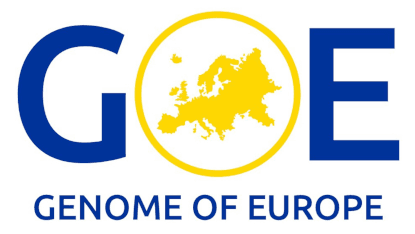
Genome of Europe launched
Decoding nations: the EU’s largest genome project Genome of Europe launched
- The GoE project was initiated in response to the rapidly growing use of genetic data in research and clinical applications, and the lack of a whole genome sequence (WGS) reference dataset for Europe.
- The project brings together the ambitions of the 1+MG initiative, the legal and technical framework developed by the GDI (Genomic Data Infrastructure) and genomic data providers to deliver a resourceful database for research and future clinical applications.
- The Genome of Europe (GoE) kick-off meeting took place on 30—31 October in Rotterdam, the Netherlands.
27 countries join forces to establish a unique pan-European reference database comprising of a minimum of 100,000 genomes representative of European citizens
The most extensive EU-funded program on population genomics to date, “Genome of Europe” (GoE), has officially launched. The project partners convened in Rotterdam on 30 - 31. October to launch the largest EU program on population genomics in Europe called “Genome of Europe” (GoE). During the next 42 months this groundbreaking initiative will establish a unique pan-European reference database of at least 100,000 genomes to generate the reference genome through integration of genome datasets from diverse national populations – all for the benefit of personalised health care. The reference database will represent Europe’s diverse populations, integrating existing genomic datasets and new genomic data through de novo sequencing of distinct national populations. The project encompasses 49 partners across 27 European countries (26 EU + 1 non-EU) and is backed by €45 million in funding with 20 million coming from the EU under the Digital Europe Programme by the European Commission. SciLifeLab Genomics and Bioinformatics (NBIS) platforms is one of the partners taking on this unique task by adding Swedish population data to this reference database and to lead the data management tasks in the project.
Key goals of the initiative include:
- Creating a Pan-European Community of Practice: Establishing a collaborative community to support the reference genome project.
- Evaluate the long-term potential of genome sequencing in research and health care in Europe and beyond, including different sequencing technologies, including long read sequencing helping to uncover previously inaccessible "dark regions" of the genome.
- Ethics, Data Security, and Legal Compliance: The project will be guided by ethical, legal, and societal considerations while upholding stringent data security standards building (inter)national guidelines for the responsible use of WGS that leads to better healthcare for EU citizens.
- Embedding GoE Data within Europe’s Genomic Data Infrastructure: Integrating GoE data into the previously funded Digital Europe Programme’s Genomic Data Infrastructure (GDI) project, ensuring interoperability across initiatives.
- Assessing GoE’s Impact and Usability: Through case studies, evaluating the project’s contributions to understanding genetic diversity, enabling multi-ancestry imputation, and enhancing genetic risk profiling.
Sweden’s contribution to GoE
In Sweden, the GoE project has received national co-funding from Vinnova. This support will facilitate the analysis of at least 1,000 individuals using the latest long-read sequencing technologies. Samples will be sourced from the population-based biobank SCAPIS, creating a unique dataset for research, innovation, and healthcare.
- This is a fantastic opportunity to construct a new Swedish genomics resource based on long-read sequencing, a method that for the first time gives a complete view of the human genome, as well as epigenetic information, says Adam Ameur, associate professor at SciLifeLab National Genomics Infrastructure and Uppsala University.
The GoE data will be used not only for research but also as a reference dataset to improve future patient care.
- The Genome of Europe is a clinically significant project that will deepen our understanding of the human genome and its variations. This advancement will result in more patients with genetic diseases receiving accurate diagnoses, says Anna Lindstrand, Professor of Clinical Genetics at Karolinska Institutet and Chief Physician at Karolinska University Hospital.
A key aspect of the project involves making genomic data from participating European countries accessible through the new GDI infrastructure for sensitive data.
- Sweden leads the coordination of data submission into the technical infrastructure, making the description of the data discoverable and the data accessible to authorized users through secure processes, for the benefit of European citizens, says Anna Hagwall, project manager and head of human data at the SciLifeLab Bioinformatics platform NBIS.
For Additional Information, Please Contact:
adam.ameur@igp.uu.se, anna.lindstrand@ki.se, bengt.persson@icm.uu.se, anna.hagwall@icm.uu.se










